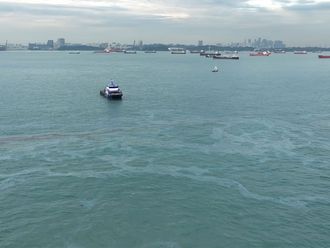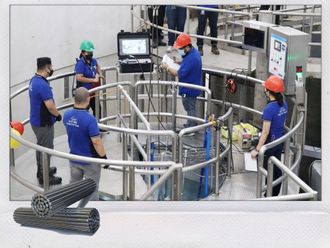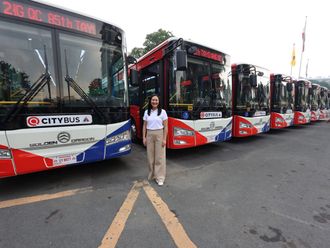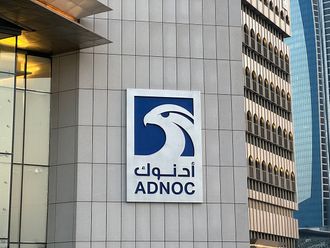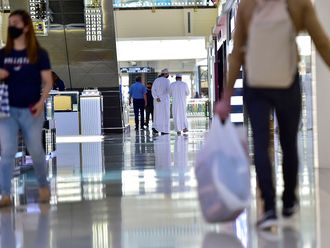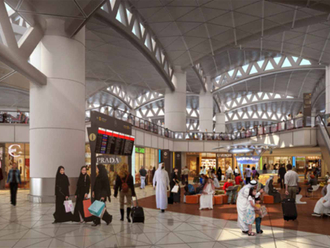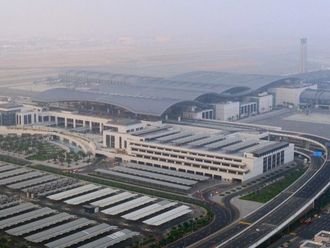Dubai: MENAdrill, an oil and gas drilling services company launched by Bahrain-based First Energy Bank this year, plans to spend $1 billion on new rig orders in the next few months to benefit from exploration growth.
Ramzi Al Suwaidi, First Energy Bank's head of investments, told Gulf News the contracts are likely to be signed within three months and will include a deep-sea drilling ship and an onshore drilling rig.
In its first investment, the bank has signed a $400-million agreement for two offshore jack-up drilling rigs to be constructed at the Maritime Industrial Services Company (MIS) yard in Sharjah.
The first rig is scheduled for delivery in September 2010, and handover of the second rig will follow three months later.
"We want to place another order soon. We plan to spend $1 billion more in the short-term," Al Suwaidi said.
The company's immediate aim is to have at least 10 rigs of various specifications. It eventually aims to have 20 rigs.
Al Suwaidi said MENAdrill will focus on supplying rigs for offshore activities in the Middle East, North Africa and western Indian regions.
With crude oil prices above $100 and global demand for energy on the upswing, the rig industry expects to remain busy with deliveries over the next few years as oil companies search for new sources of energy onshore and deep in the sea.
More than 90 per cent of the offshore wells drilled in the region last year were in water depths of 100 metres or less, according to MENAdrill.
"Slots for new rig construction are very rare in today's market. So when we saw that these contracts fit our fast-track plan for MENAdrill and offered excellent value for money, we moved aggressively to capture them," said Esam Janahi, chairman of First Energy Bank.
Jerry Smith, MIS managing director, said the bank's order is the largest single deal for the yard since it started constructing rigs in 2006.
MIS, which is working on seven offshore drilling rigs, is seeing an increased interest in its new-build programme.
"We expect this strong interest to continue over the next few years in line with the increase in demand for production in the region," Smith said.


